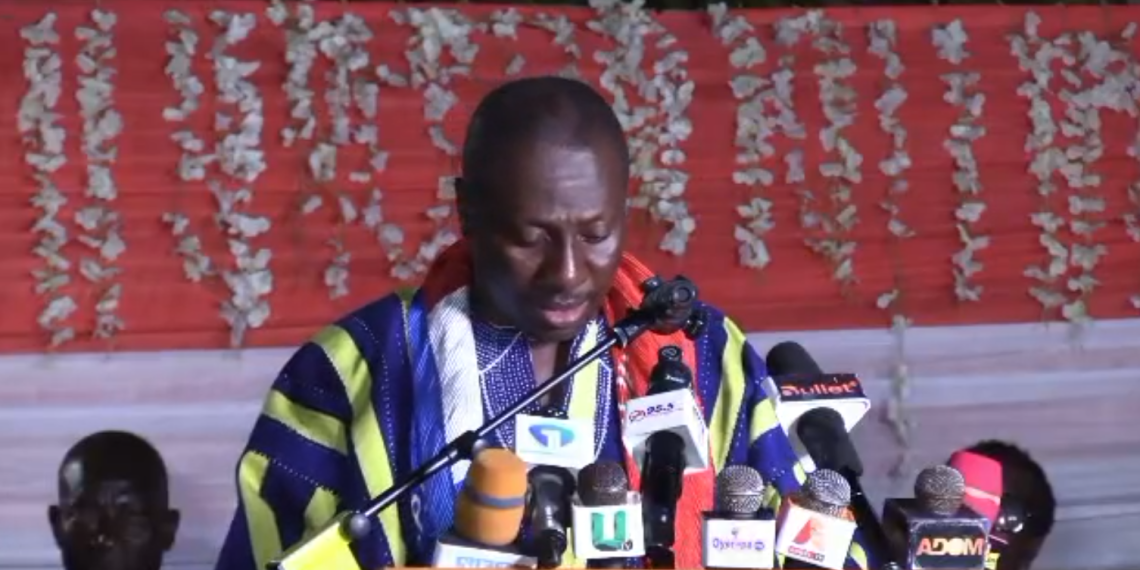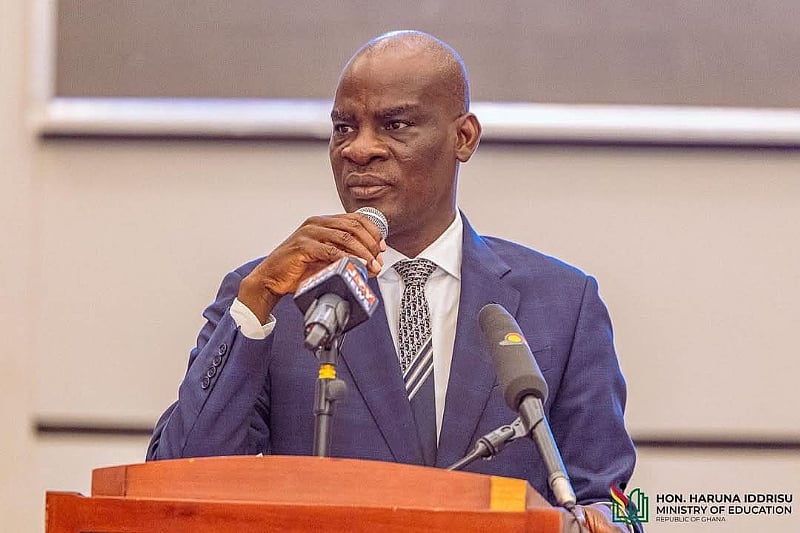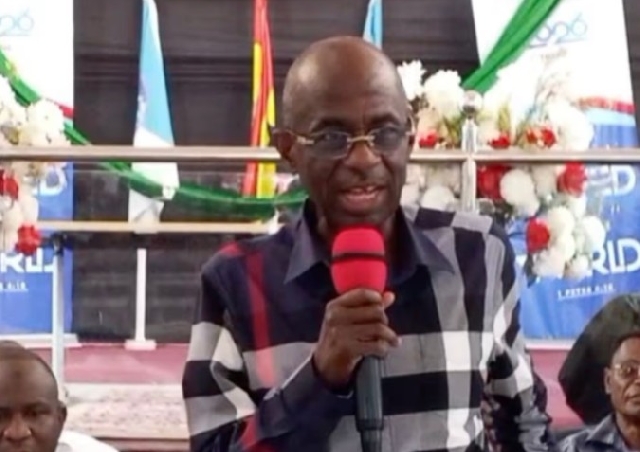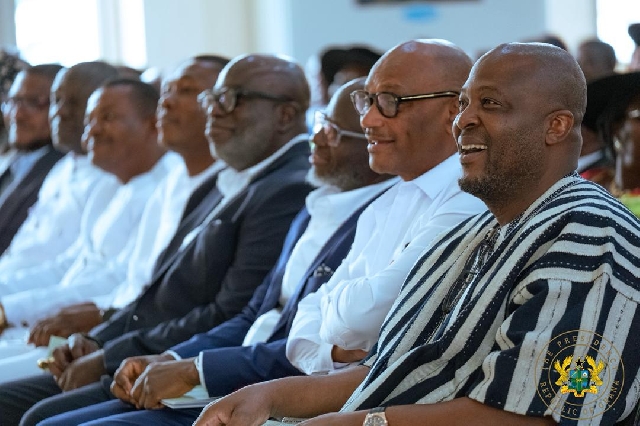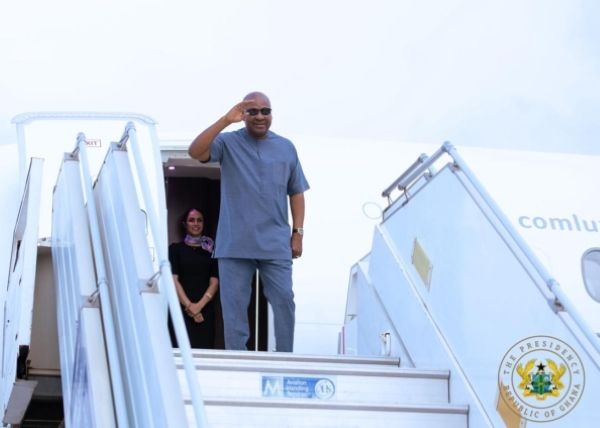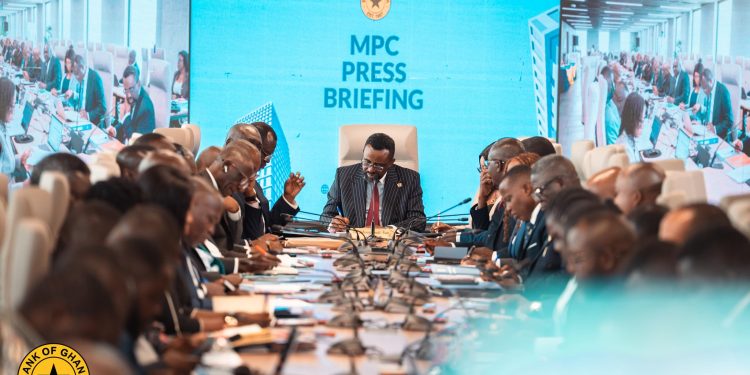A lecturer at Bolgatanga Technical University, Hon. Awineyesema Abiire, has issued a challenge to President John Dramani Mahama regarding his claim of asset declaration. Apexnewsgh reports
This move comes as a bold statement, questioning the transparency of the president’s assets.
As the conversation around asset declaration continues to gain momentum, Hon. Abiire’s challenge has sparked interest in the need for public officials to be transparent about their assets. The lecturer’s move is seen as a call to action, pushing for accountability and integrity in public office.
President Mahama’s administration has emphasized the importance of good governance and transparency. In this context, Hon. Abiire’s challenge serves as a reminder of the need for leaders to lead by example and demonstrate their commitment to transparency.
The issue of asset declaration has been a topic of discussion in Ghana, with many advocating for greater transparency in the assets of public officials. As the debate continues, Hon. Abiire’s challenge to President Mahama is likely to add momentum to the conversation.
According to Article 286(1), “A person who holds a public office mentioned in clause (5) of this article shall submit to the Auditor-General a written declaration of all property or assets owned by, or liabilities owed by, him directly or indirectly before taking office”.
Chapter 24 of the 1992 Constitution commits detailed attention to the Code of Conduct for Public Officers, including Article 286. In spite of this detailed attention to the code of conduct, the NDC appears to have indicated that such is not robust enough and that when they come to power, they will, within 120 days establish a robust CODE OF CONDUCT AND STANDARDS for all government officials
Paradoxically, a simple asset declaration contained in Article 286(1) is not and has never been obeyed since 1992 except 286(7). And we thought the prudent and humble President Mahama would be the first president to declare his assets and liabilities but he only disclosed his ‘assets’ to the Auditor-General, he never declared. Given that the Constitution is not written in Dagaare, it cannot be argued that I do not understand the text or the rationale. Besides, how does one jump to clause 7 and ignore clause 1 of the same Article? How could the President submit himself to taking the Oath of Office when he has not obeyed, first and foremost, the mandatory assets and liabilities declaration in clause 1? It’s as impossible to understand the book of Exodus by reading from chapter 40 back to chapter 1.
If the framers of the Constitution meant asset disclosure, who would seek to establish whether there was a failure to declare or one knowingly made a false declaration as contained in clause 2?
However, the BTU lecturer believes, that to declare one’s assets and liabilities, in the spirit of probity and accountability and in the light of sound public financial management governance, is to make known to the whole world from which interested parties could take the pain to establish the authenticity or otherwise with the A-G acting as the custodian of the true and original copy of the declaration.
Thus, the change we voted for on December 7, 2024, will remain one of those numerous changes that occur without transformation in our quest for transparency, sound financial management, and fight against grand corruption in national life.
Source: Apexnewsgh.com




